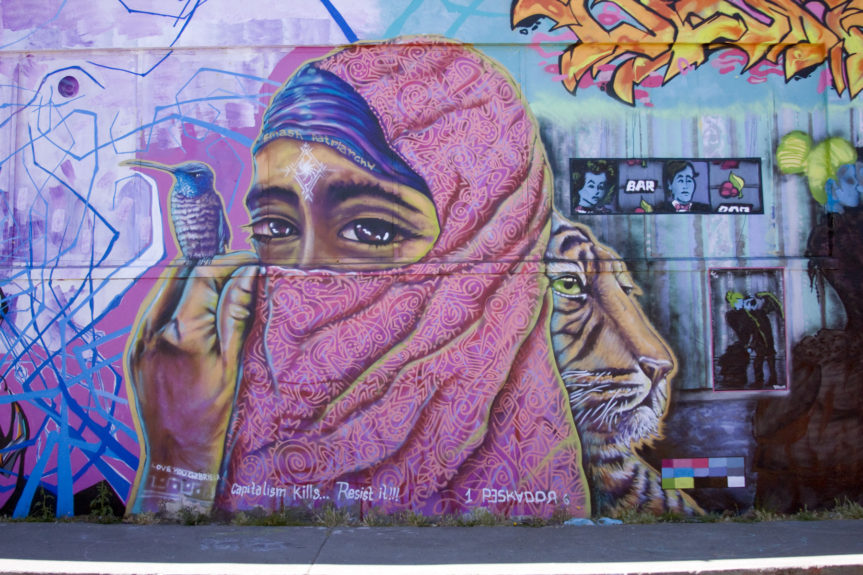Oakland has roughly 1000 students from Arabic speaking homes. Most of these students are Yemeni. Many of these students have to fight for their culture, community, and dignity within the schools. We have carried the stories. Students being harassed by students and teachers, or having to change schools rather than violate their religious beliefs.
Overall, Yemeni students are also some of the lowest achieving students in Oakland. They are exactly the students that the public schools should be catering to, designing responsive programs for, and understanding why things aren’t working now.
But over the years OUSD has been great at turning lemonade into lemons. I hope they do not blow this opportunity. They should look at West Oakland Middle School as a launching pad to build culturally responsive programs, including the teaching of Arabic as a foreign language. It is great to see Bay Area PLAN behind this push, now the ball in OUSD’s court.
This is Doable and Critical
This is entirely doable, as I have written before on the blog, we do it on my school in Staten Island. And have for years, with a much smaller Arabic speaking community. Arabic is a valuable language, both in the market and culture. There is high demand in private markets and government for bilingual Arabic speakers and the language also has immense cultural significance, in a way that may differ from some languages.
Arabic has a very intense and particular relationship to Arab culture and making of meaning, in a way that say Spanish, does not. It is the language of the Qu’ran, and has a distinctive role in group identity.
“For some Arabic linguists, Arabic has many features that make it distinctive from other languages. For example, it is called the language of the ḍad, the phoneme /ḍ/, which is only found in Arabic3 . Suleiman (2003) argues that referring to Arabic in such a way is not just to signal it but also to define the group identity when identifying Arabs as the speakers of /ḍ/.”
I worked with Dr. Suleiman in the Arabian Gulf for years, and he was a strong advocate that Arabic was more than a just a language, it was central to Arab cultural identity. A belief I share.
Bukra Inshallah OUSD?
We have a growing and underserved population that wants Arabic to be taught. There are economic and cultural benefits in its teaching. And for a district struggling to attract and retain students, Arabic language teaching could draw students and develop loyalty.
So, the opportunity is in front of OUSD to embrace a set of students and build a program to support them, or once again, basically ignore them, and then wonder why students are leaving the district schools or failing within them.
“Bukra Inshallah” was a constant refrain as we worked with contractors to get schools ready for opening in the Gulf. Literally it means, tomorrow God willing. But as a Palestinian colleague told me after yet one more meeting, it really meant “maybe God will do this for you because this man will not.” So, which will it be OUSD, another promise reaching into a future that never comes, or action now. The choice should be obvious and it is yours.

